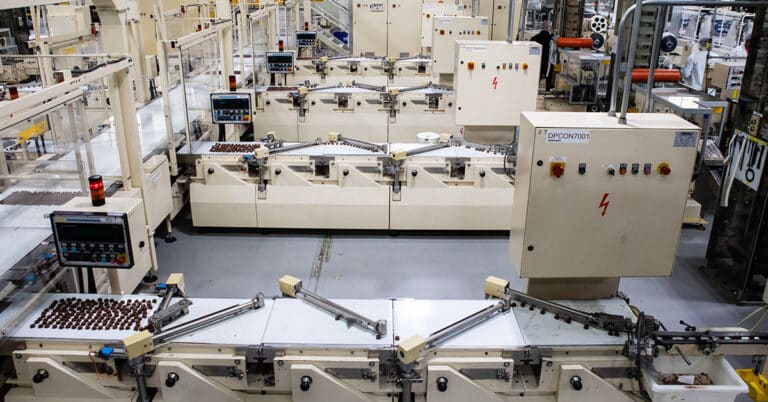Outsourced maintenance services are solutions that more and more manufacturers are turning to today.
The realities of the modern business climate— increasing customer demands, global competition, lack of skilled technical labor, evolving technologies and data-dependency, to name a few—make outsourced maintenance an attractive proposition for many plants to better manage the new realities of manufacturing.
Every manufacturing business is different, and outsourced maintenance is by no means a one-size-fits-all solution. But when you consider the benefit of maintenance management against your own requirements and realities, you’re more than likely to find some advantages. Below are the top things to consider when researching the pros and cons of outsourcing maintenance.
Lower overall costs
When weighing in-house maintenance versus an outsourced industrial maintenance solution, lower overall cost is one of the major benefits of outsourcing. . The ancillary costs and responsibility associated with in-house staff are significant: recruiting, the hiring process, benefits, human resources management, training and more.
When an outsourced partner handles your maintenance program, these recruiting and staffing initiatives are covered by them —not you. Over time, your rates with an outsourced maintenance company are likely to increase at a lower rate than salary and benefit costs would increase with on-staff employees.
Flexibility
Another significant benefit of maintenance management is flexibility. One area is your ability to determine the right mix of in-house and contracted support maintenance staff — you can outsource the entire ownership of your maintenance program, or supplement surges in production with just a few short-term technicians.
With an outsourced solution, you also gain more control over the exact scope of maintenance work for which you pay. With staff, you’re paying salary regardless of how much work is done. With outsourcing, you can zero in on exactly the right maintenance strategy for you.
A lighter training burden
This is a factor that plays into the “overall cost” point described above, but is important enough to stand alone. In most manufacturing industries, training and retraining must occur frequently in order to keep up with new technology and components, and often to remain in compliance with regulatory standards. This often occurs upon hire, as well as throughout an employee’s time with an organization, and with in-house staff the burden of finding the resources to support this training—namely, time and money—fall on you, the employer. With outsourcing, the contracting company is responsible for all of that training, allowing you to focus on your core competencies.
Fewer retention concerns
When you outsource some or all of your maintenance to an outside firm, the maintenance technicians are under the jurisdiction of the outsourced company, and not you. This is a good thing, especially if you have had issues with turnover in the past. You can be assured that your maintenance team is adequately staffed, and the burden of retaining them won’t be your responsibility.
Expanded access to expertise
Think about the expenses needed to keep a wide breadth of maintenance expertise in-house, or to hire experts in technology you’re not using yet. This high cost illustrates the impracticality of maintaining in-house staff that can reliably address any maintenance scenario that may arise. While it’s almost certain that your in-house staff maintains a deep understanding of your organizational processes, the breadth of knowledge offered by the contract maintenance personnel available simply can’t be paralleled.
Through outsourcing, you can tap into a pool of resources that raises your odds of getting the right person for the job every single time. As with any scenario, there are some adverse factors to consider with an outsourced maintenance solution based on your needs. When choosing to outsource, timing may be an issue for emergency maintenance; and an outsourced worker could potentially develop less institutional knowledge of your organization than an in-house employee would.
At the end of the day, it is your decision whether or not you feel the benefits of maintenance management outweigh the potential downsides. If you are considering outsourcing, use this article to help guide your decision, and be sure to have a deep understanding of your challenges/needs, production forecasts and requirements. If you are considering outsourcing all or part of your maintenance or MRO operations, contact us for more information on how we can help provide a solution that is right for you.






